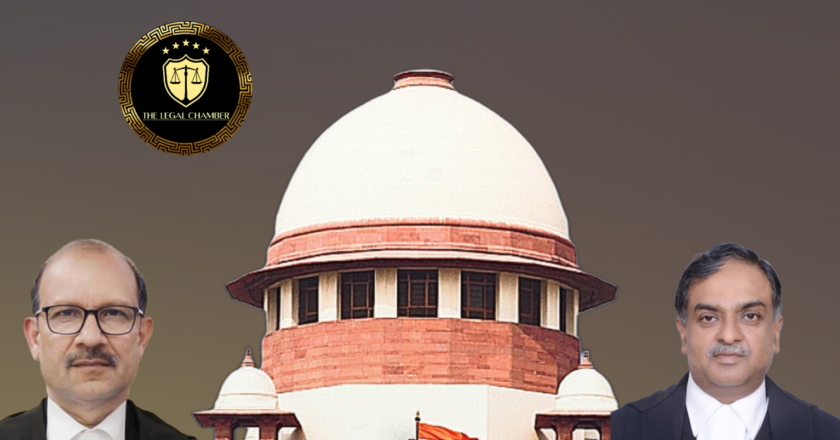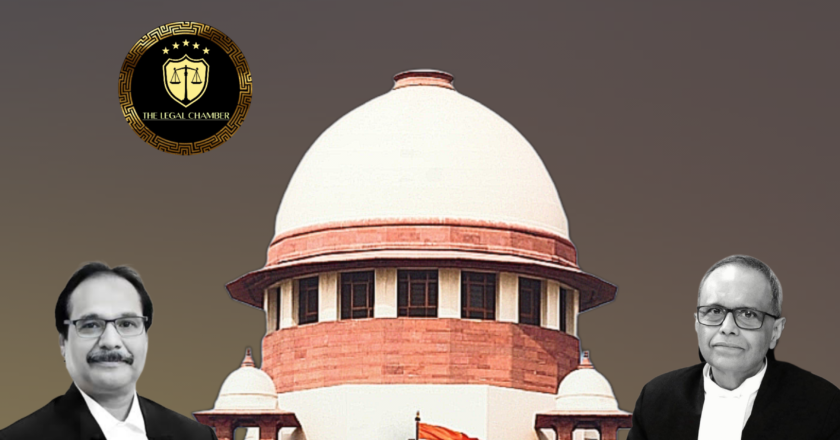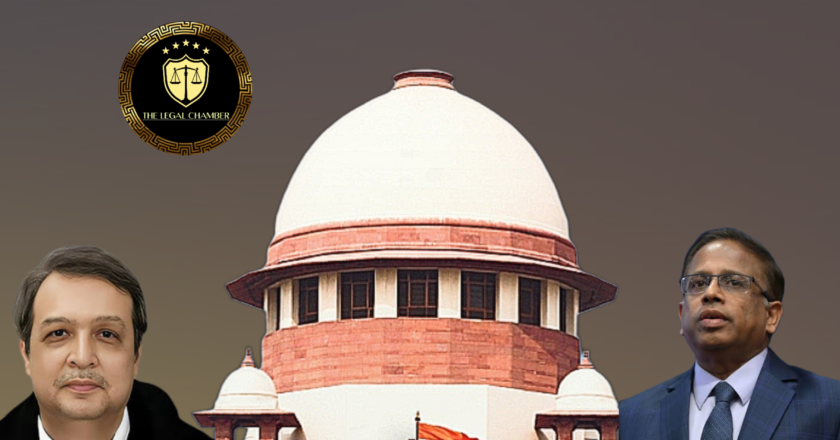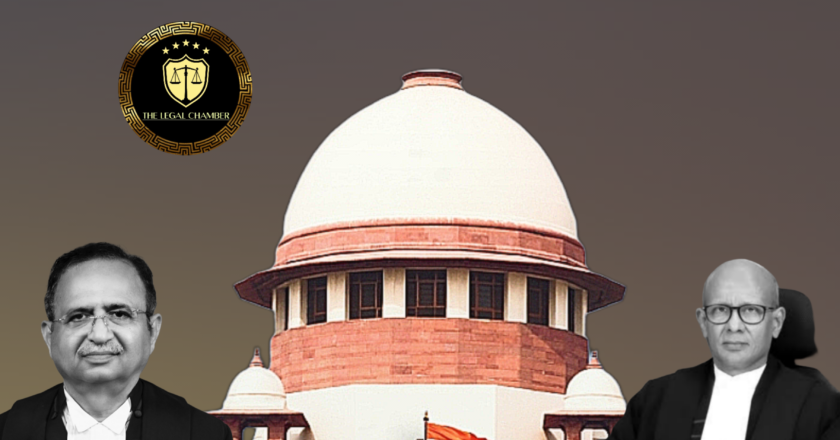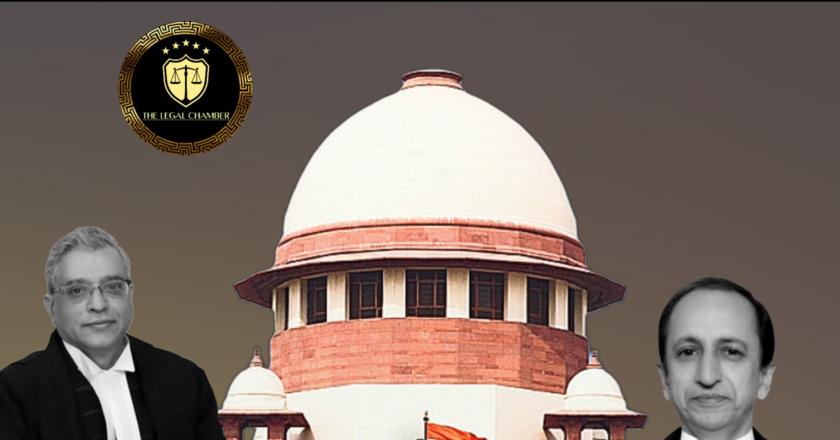Insurance Must Pay Victims First: Supreme Court Upholds ‘Pay and Recover’ in Route Deviation Case
This Supreme Court judgment affirms the application of the "pay and recover" principle where an insured vehicle deviates from its permitted route. While the insurer remains statutorily liable to compensate accident victims, it is entitled to subsequently recover the paid amount from the policyholder for breaching the contract's geographical terms.
Facts Of The Case:
On October 7, 2014, the deceased Srinivasa (alias Murthy) died on the spot after his motorcycle was hit by a rashly and negligently driven bus (KA-52-9099). His dependents filed a claim petition before the Motor Accidents Claims Tribunal (MACT) seeking compensation. The Tribunal awarded ₹18,86,000. Dissatisfied, the claimants appealed to the High Court for enhanced compensation, while the insurance company also appealed...

